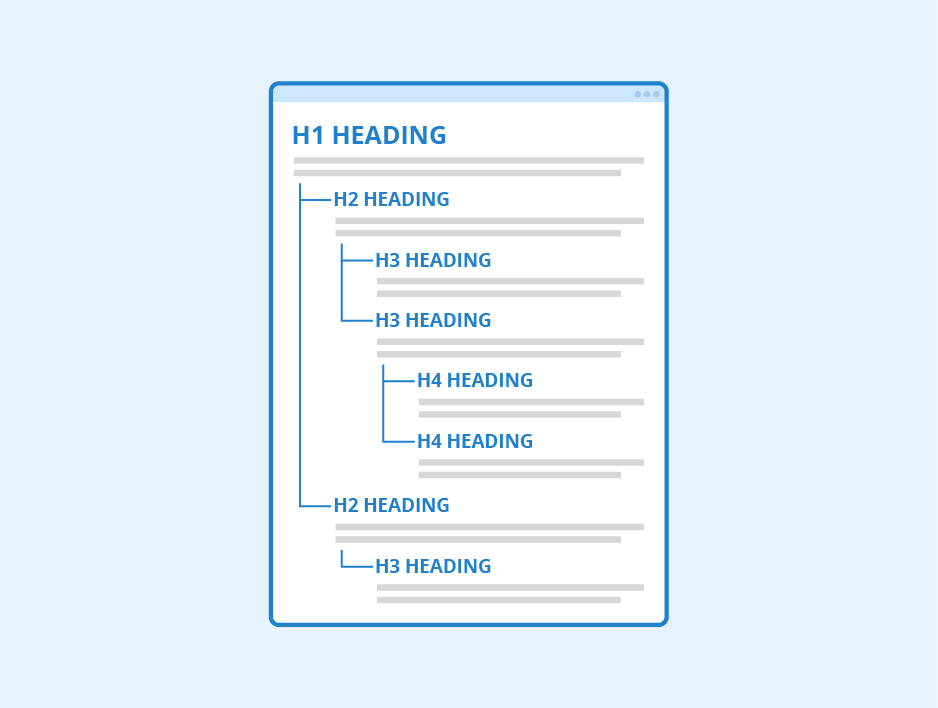In today’s digital world, knowing the ins and outs of SEO is key to getting noticed online, especially on Google. But what exactly is SEO and why does it matter so much?
Well, think of it like this:
- Getting Found: Can people easily find your website in the vast online world?
- Tech Stuff: Is your website speaking the right language to Google’s algorithms?
- Speed Matters: How fast does your site load for users?
Let’s break it down:
Building Links and Picking Keywords: Imagine Google as a busy town square. The more people talking about your site, the more Google takes notice. This applies to search terms too; if others talk about you using keywords related to your content, it’s a big win. How? By smart link building and picking the right keywords.

Looks vs. Speed: It’s like choosing between fancy decorations and getting things done quickly. Flashy designs are nice, but if they slow down your site, users might bail. Striking a balance between looks and speed keeps people interested.

Making Sense to Search Engines: Picture the web as a big organized library. Your website needs to follow the same structure to help search engines understand what it’s all about. If not, some adjustments might be in order.

And did you know? If your page takes more than 3 seconds to load, about 40-50% of the users might just click away.
See? SEO isn’t rocket science; it’s about making your website easy to find, understand, and use.
Now, how can I improve this?
- Help People Find You:
- Find words folks use when searching for stuff like yours. Tools like Google Keyword Planner or SEMrush can help.
- Sprinkle those words in your stuff naturally. Don’t go crazy; there’s always the blog for keyword fun
- Make your website’s links easy to read for both Google and humans – simpler is better.
- Team up with similar sites to get more folks linking back to you.
- Tech Check:
- Peek at what’s going on under the hood with an audit. Google Search Console is your friend here.
- Speed things up by slimming down: shrink those images and trim the fat from your code.
- Make sure your site works just as smooth on mobile and flexes with a responsive design.
- Make Google’s job easier by fine-tuning your titles, descriptions, and image names.
- Speed It Up:
- Use tools like Google PageSpeed Insights or GTmetrix to see if your site’s running like a champ.
- Cut back on any unnecessary stuff like scripts and plugins that might be slowing things down.
- Make sure your most important stuff loads first and use fancy tricks like asynchronous loading to keep things zippy for users.
Remember, optimizing your website for search engines is an ongoing process. By implementing these strategies, you’re setting yourself up for success in the competitive online landscape. Keep monitoring your site’s performance, stay updated on the latest SEO trends, and adapt your strategy accordingly. With some simple adjustments, you can see how your site starts to perform much better.



